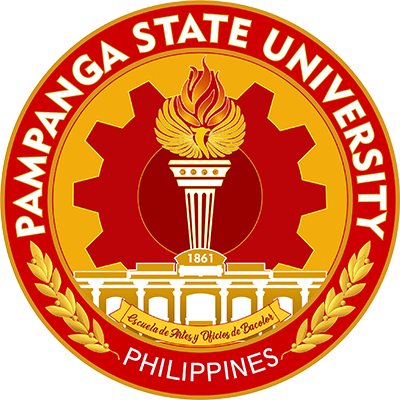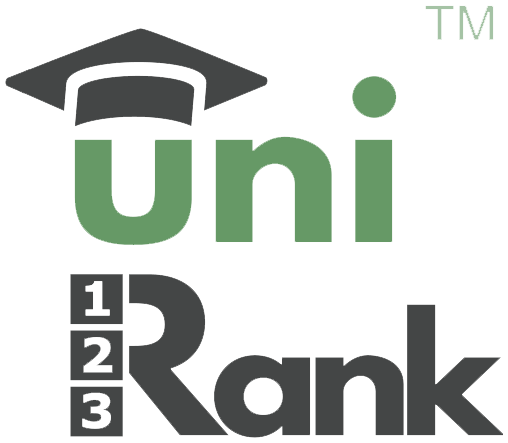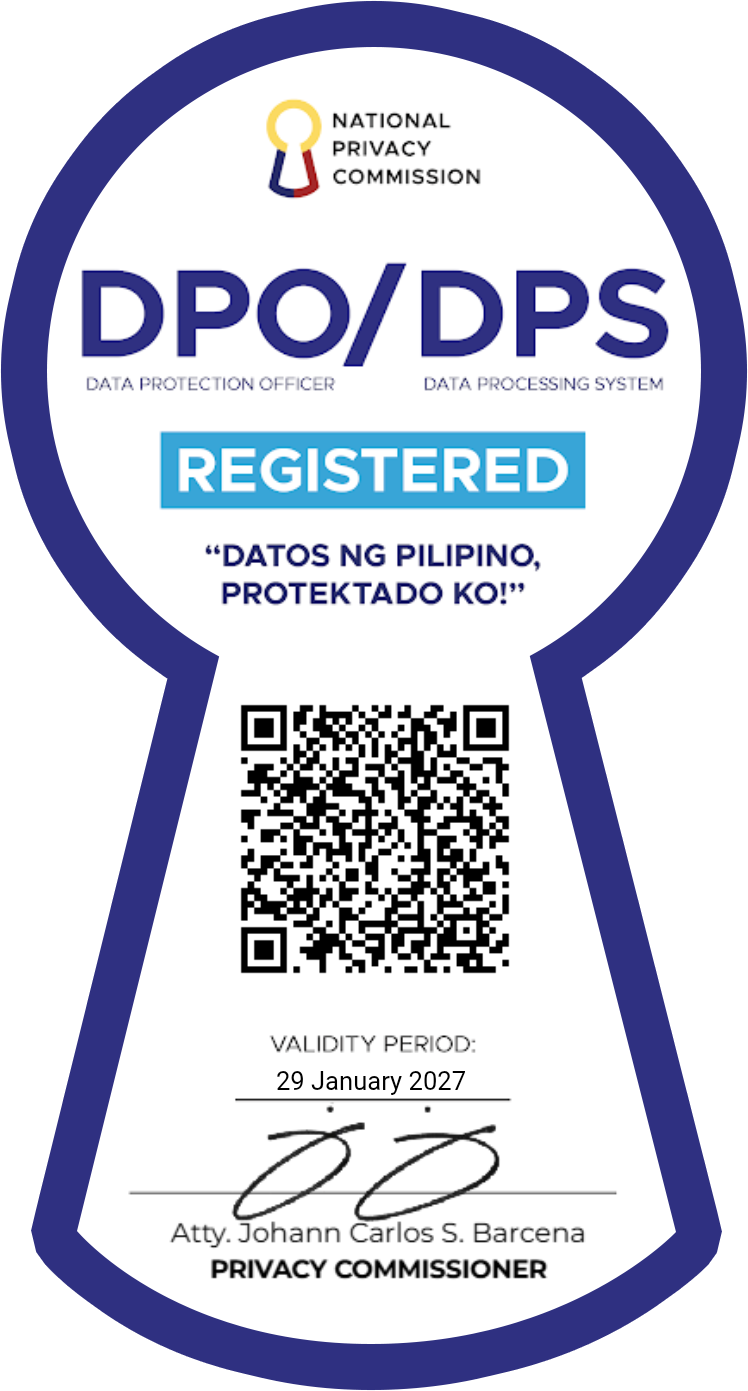VISION
Strengthen our position in offering quality education for individuals taking Industrial Engineering course and become recognized internationally for forming Industrial Engineering professionals of global impact and aims to be a model of excellence in education, research and extension, and management processes.
MISSION
Industrial Engineering Department commits itself to develop Industrial Engineering leaders known for their technical capabilities, critical thinking skills and social responsibility, commitment, integrity and respect to serve the local and international communities and industries with excellence. Also, to provide an educational experience that nurtures Industrial Engineering professionals in improving systems continuously through research and becoming more globally competitive.
OBJECTIVES
A graduate of Bachelor of Science in Industrial Engineering (BSIE) Program:
- Must be capable in creating, building, improving, and installing industrial systems which are both effective and both efficient and effective.
- Is geared up to provide services in the form of consultation, design, preparation of plans, specifications,. estimates, implementation and supervision, covering the following areas:
- Work Standards
- Statistical Process Control System
- Production Planning and Materials Control System
- Advanced Manufacturing Systems
- Operations Research Models for Production and Operations
- Information System
- Is fully cognizant of the need to be environmentally conscious.
PROGRAM OUTCOMES (as per CMO 96, s. 2017)
The program outcomes for BS in Industrial Engineering ar egiven in the following minimum set. Graduates of the program must have:
- Ability to apply knowledge of mathematics and science to solve complex industrial engineering problems
- Ability to design and conduct experiments, as well as to analyze and interpret data
- Ability to design system, component, or porcess to meet desired needs within realistic constraints such as economic, environemental, social, political, ethical, health and safety
- Ability to function on multidisciplinary and multicultural teams
- Ability to identify, formulate, and solve complex industrial engineering problems
- Understanding of professional and ethical responsibility
- Ability to communicate effectively
- Broad education necessary to understand the impact of engineering solutions in a global, economic, environemental, and societal context.
- Recognition of the need for, and an ability to engage in life-long learning
- Knowledge of contemporary issues
- Ability to use techniques, skillsm and modern engineering tools necessary for engineering practice
- Knowledge and udnerstanding of engineering and management principles as a member and leader in a team, to manage projects and in multidisciplary environments
- Ability to design, develop, implement, and improve integrated systems that include people, materials, information, equipement, and energy.











